
When Should the Line Manager be Involved in Interviewing?
When should the line manager be involved in interviewing a candidate? We took to LinkedIn to hear your thoughts...
At EMEA Recruitment, we firmly believe there is never an exact right or wrong way for a business to run a hiring process – every role, organisation and circumstance are different, and can be affected by a multitude of factors at any time.
Although, of course, there are certain elements that are essential for a successful recruitment process, most notably that of the relationship that is built between the candidate and the hiring manager.
Neil Cope, one of our Directors, recently conducted a LinkedIn poll exploring this, to provide a snapshot from our network. In response to the question: Which stages do you prefer to see the direct line manager involved during the interview process?, we found that over 90% of respondents feel that the line manager should be present either at every interview stage or at least on the first and last interview stage (8% noted that the first stage only is sufficient).
This highlighted to us how important that relationship build is for both candidates and employers alike. But how do you make this work in practice? Some processes have three, four or even five interview stages, depending on the seniority and complexity of the role. Is it practical for a hiring manager to be present at each stage? Indeed, in some cases, could it not hinder the process? If, for example, one of the stages was with an important stakeholder who might benefit from having that one-to-one conversation with the candidate without the hiring manager present.
One thing is for sure – the relationship with the prospective hiring manager is an absolutely vital element and is one of the top factors for candidates when choosing whether to accept an opportunity or not.
If you would like further information on this or the hiring process in general, please reach out to Neil: [email protected]

Which Procurement Skills are In Demand?
With Procurement under increased pressure, the skills that are in demand are changing...
As a result of multiple factors, including, but not limited to COVID-19, Procurement departments have experienced significant stress in the last 18 months, and this is predicted to continue, especially within a number of harder hit direct material commodities and those industries subjected to continued oil and gas price fluctuations.
Material availability, price increases, volatility and supply chain disruptions have all come to the fore, creating a perfect storm within Procurement & Supply Chain. This has highlighted the need for Procurement leaders to develop or seek different skillsets. Before this disruption, commercial ability, stakeholder and relationship management, understanding of data and digitization, and cross-functional integration were all desirable skills, but now they are becoming essential for our clients.
To survive in the new market, Procurement leaders need to be predictive and agile. They need to understand trends and integrate cross-functionally now more than ever. The challenges brought mean the skills that Procurement leaders were discussing as highly desirable or skills for the future are skills for now; they are becoming the basic toolkit Procurement professionals need to navigate a new landscape for the coming years.
Our clients are seeking influencers, not the traditional strong negotiator – just being price focused, negotiating tough rebates, liabilities etc. are given hard skills, but they won’t build Procurement’s influence across the wider organisation. In the new landscape, a strong negotiator is someone with the capability to understand internal and external requirements and foster long-term partnerships; it’s an individual who can identify mutual wins while combating risks and protecting profits through market trend planning.
Growth of the global, commercial mindset
When availability of materials is low and competition is high, risk reduction and profit protection isn’t as simple as diversifying the supplier base or last minute alternate sourcing, and this is where the benefits of the new skillset arise.
Being innovative, proactive and anticipating change or challenges is also increasingly important. Being able to identify potential issues before they arise has always been a great benefit, but with the digitalization of businesses as a whole, and swathes of new data and ways to use this becoming available to Procurement leaders, the playing field is definitely not even.
Successful Procurement leaders need to be relationship-focused, data-driven and able to use new technologies to allow their businesses to become more integrated and agile.
For more information on how to upskill your workforce, yourself or simply to understand where your specific industry trends are heading regards talent attraction, please get in touch: [email protected]

Are you Losing out on Top Talent?
As we move into a candidate-led market, having one of the busiest summers we have seen, EMEA Recruitment would like to share some experiences on how to avoid losing top talent for your business.
We recently conducted the following poll on LinkedIn, asking our Dutch network whether they would take steps to speed up the recruitment process, if this meant you’d be more likely to secure top talent. The results were as follows:
Would you speed up the recruitment process to hire the best candidates?
- Yes, I’d remove bottlenecks – 60%
- Yes, I’d utilise technology – 22%
- No, I wouldn’t change – 10%
- No, my company wouldn’t allow it – 8%
The majority of respondents said that they would try to remove bottlenecks in order to hire top talent. Another 22% would use technology to speed up the process, while just 10% said they wouldn’t change their hiring methods and 8% didn’t feel their company would allow faster recruitment.
So, how can we ensure we can hire top talent?
- Speed – Good candidates will have more than one process. Delays cause loss of engagement and good candidates will often have more than one opportunity.
- Flexible working - Are you able to offer the candidate the flexibility they need?
- Internal processes - Are you aligned internally? Communication between hiring managers and Human Resources/Talent Acquisition should be approved on requirements and timelines.
- Your recruitment partner - Utilize your consultant. We are here to ensure we have touchpoints with both candidates and clients. This can be critical in a process where a candidate is in demand.
- Feedback - Delayed feedback and next steps ultimately lose candidate engagement.
If these challenges sound familiar, we would be happy to discuss our experience and offer advice on how to streamline your recruitment procedure, in order to attract and secure top talent for your team.
Get in touch with Hannah Mallia, Director, for our Dutch market insights: [email protected]

Remote Working and Onboarding New Candidates
It’s no secret that this past year has been a challenging one, both on professional and personal levels. With many of our clients now working from home, one question that we do see from most of the candidates that we speak to is, Is the client flexible on remote working?
One trend that certainly became apparent was that, at the beginning of the pandemic a whole year ago, working from home was new for a lot of professionals.
However, we found that many people initially enjoyed this new way of working, especially with the flexibility that it offered, let alone the improved commuting. I think in general, people thought that we would be working from home for a month as a maximum. A year later, here we are, still working from home.
It is safe to say, a lot of people are bored of working from home constantly and would certainly like at least two or three days in the office. There are, however, some companies that have taken this to a whole new level.
Spotify, for example, announced that they are going to introduce a policy for flexible working, so you can work from wherever you choose, whether that be in the office, at home, or presumably by the pool at a nice 5* hotel.
On the other hand, there has been a number of instances where home working has been more efficient for people. As an example, some senior Finance professionals have found that they’re more productive and able to have a better work-life balance; even small things, like taking the dog for a walk at lunch.
For the most part, recruiting has not been the main challenge that our clients have faced during the pandemic. Largely, the challenge comes with onboarding of new employees to the business, with most people starting their new journeys working from home straightaway.
Often, the only time people have met their new work colleagues and superiors has been via a video call. Initially, this might not feel like such as big issue, but simple things such as ensuring access to a system is working correctly or a quick question on process can sometimes feel like it takes forever to get an answer.
For instance, the person you need to speak with may have calls planned all day, they might be away from their desk or you just simply cannot get hold of them. Something which should only take 5 minutes can take up to an hour or more, just because you can’t just go and have that conversation whilst making a coffee or introducing yourself as a new colleague.
On the bright side, however, since the beginning of this year, people have become accustomed to these new ways of working and, even with the news of the vaccine, we’ve found that people are generally more positive that there is light at the end of the tunnel. Not only that, we think we have all become so much better at using and utilising the technology around us, which can only be a good thing moving forward.
If you have just started you new role, or are in need of adding people to your team and have any difficulties or concerns with the points mentioned, then please do feel free to reach out. We have dedicated HR recruiters, Keely Straw in Switzerland and Katie Insley in the Netherlands, who will be more than happy to help.
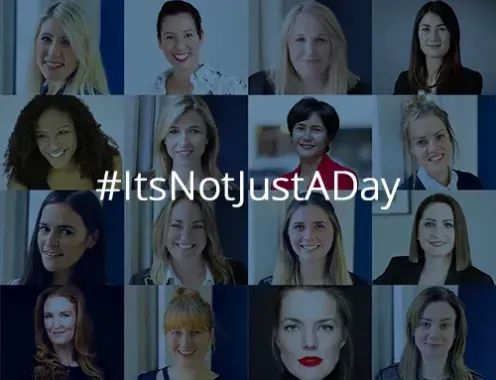
International Women's Day 2021 - #ItsNotJustADay
This International Women’s Day, we want to highlight the importance of supporting females every day. We’re using the hashtag #ItsNotJustADay to remind other organisations that championing strong women is an ongoing commitment.
We want to celebrate all the female leaders within our network that we have the pleasure of working with, through a snapshot of the past 12 months:
Read more about our fantastic events, as well as keeping up to date with future plans, here: https://www.emearecruitment.com/events
All past episodes of the EMEA Recruitment podcast are available here: https://www.emearecruitment.com/podcasts
You can also find out more about the wonderful members of our team through their profiles: https://www.emearecruitment.com/our-team-members
We’re also proud to reveal our latest initiative to promote Diversity & Inclusion in the workplace. We are supporting the Boardroom, an exclusive, members-only club for senior women leaders in Switzerland, founded by Diana Markaki.
According to a recent PwC report, Switzerland lags significantly behind the international field in terms of gender diversity; only 16% of board members at the 100 largest Swiss companies are women. the Boardroom hopes to create and cultivate an active pipeline of qualified female leaders to fill corporate board positions.
the Boardroom is a strong network that supports and encourages women to achieve their professional goals, enables companies to retain and promote senior female talent, and helps boards achieve gender parity.
Not only does the Boardroom help female leaders land a board seat, but it also helps them succeed when they get there.
Are you looking to promote gender equality in your organisation? Your female leaders could benefit from the education, coaching, networking and inspiration of the Boardroom. Please contact Diana Markaki to find out how to apply or to ask any questions you have: https://www.linkedin.com/in/diana-markaki/
If you have any questions or comments regarding Diversity & Inclusion, please contact Charlotte Cruise, our ED&I Ambassador.

Can Remote Working Build Trust & Loyalty Between Employer & Employee?
Almost overnight, the COVID-19 pandemic transformed the work experience for millions of people across the globe.
For Human Resources (HR), the impact has been huge. Rarely has the spotlight shone so brightly on this function, and many have felt the strain as they do their best to support their employees through this incredibly difficult time.
In particular, the huge rise in remote working has exposed flaws in many employers’ benefits packages, and benefits and wellbeing management systems.
It is important to remember that such dramatic workplace changes, such as remote home working, undertaken for sustained periods, can be both isolating and not suitable for employees accustomed to coming into an office every day. So, the need to link remote working employees and look after their wellbeing has never been greater.
Flexible working is a theme that’s gained a lot of traction in recent years, but ultimately simply refers to a way of working to suit an employee’s needs. This can mean making adjustments to start and finish times, to allow an employee time to drop off/pick up a child from school, or even working from home where necessary.
This simple gesture can improve an employee’s loyalty to their employer, can make them feel more motivated and can also start to tackle some Diversity issues: with almost no geographical restriction, there will be a bigger pool of candidates to consider, it is a better option for working parents, and will benefit candidates with physical or mental disabilities.
Employers need to recognise there will be no return to ‘business as usual’ for the foreseeable future and, instead, they need to adapt to the ‘new normal’. They must ensure their employees’ changing needs are supported, no matter where they’re based.
Employees have been forced to cope with unprecedented change, but this can also be a unifying experience that helps build trust and loyalty between employers and their workers, and this must continue to be nurtured.
The current crisis has also highlighted the fragility of many employers’ existing employee benefits systems, many of which weren’t designed to be accessed or managed remotely. Employers without digital solutions that are fit for the future of work will find it increasingly difficult to cope with the demands.
Overall, it's important that, during this testing time, HR will focus on ensuring the working wellbeing of its people to ensure that they are fit for purpose in the ‘new normal’. This will sustain your competitive advantage and establish your credentials as a responsible employer.
We understand the unique challenges of Human Resources recruitment. If you require support with your HR recruitment needs, please contact Keely Straw to arrange a call on: +41 41 588 1876 or email: [email protected]

EMEA podcasts
The EMEA Recruitment podcast welcomes guests from across our network and beyond to share their career journeys, advice, and inspirational stories.




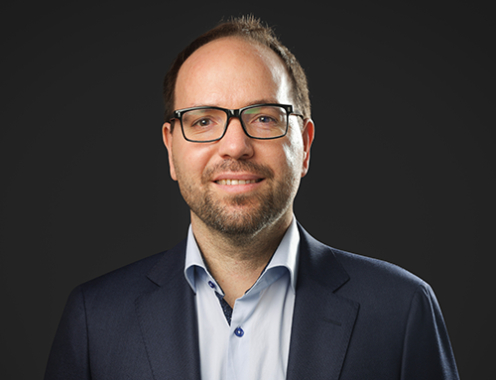
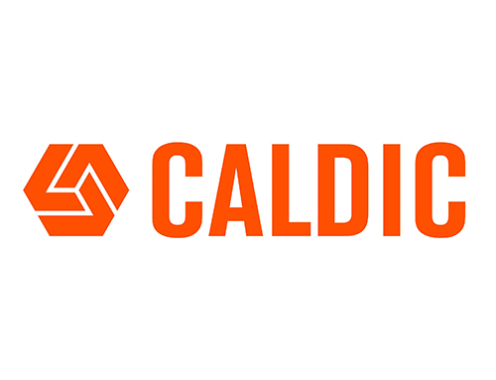

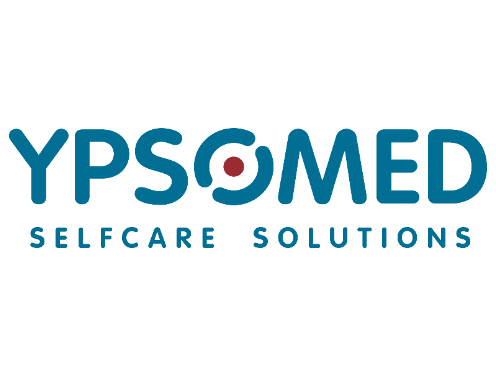
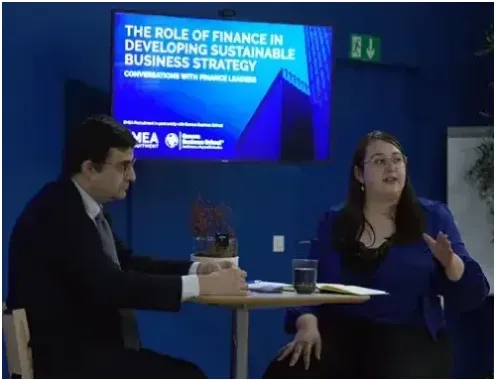
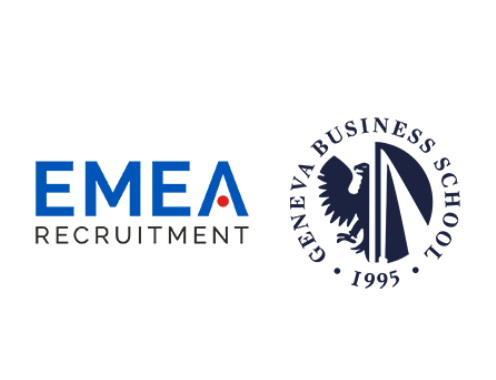
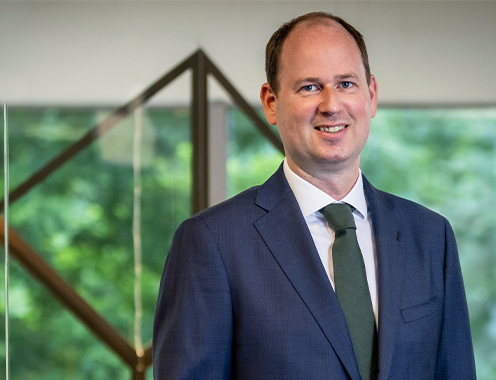
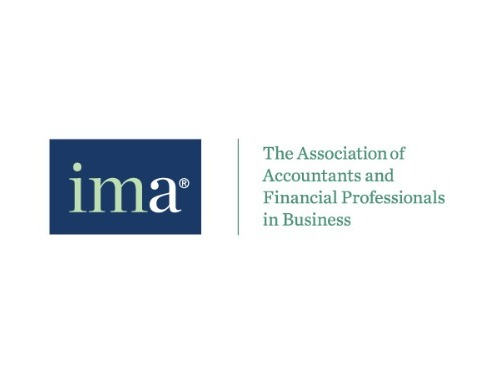
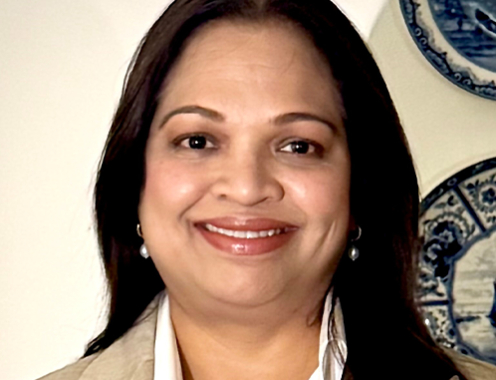
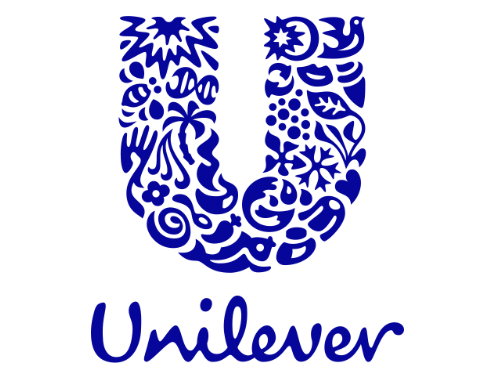
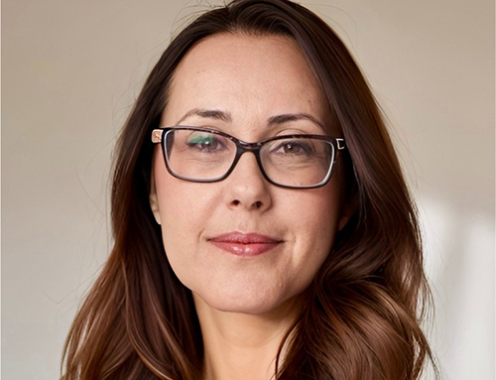
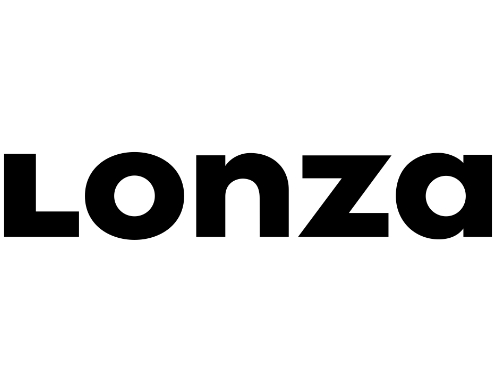

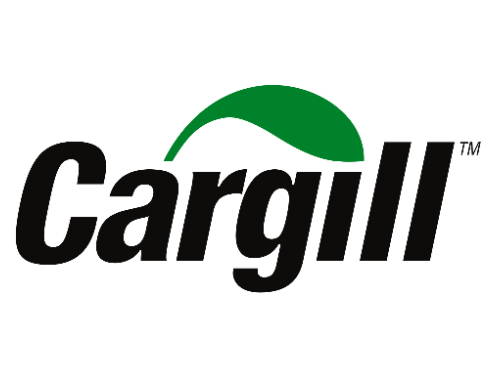
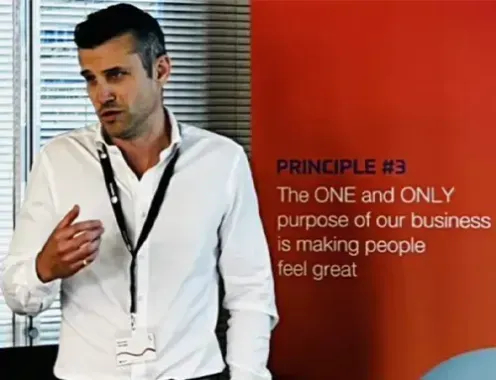
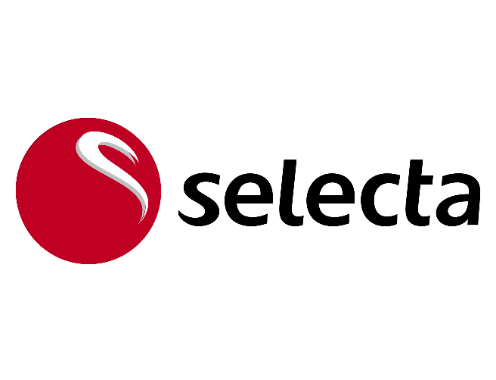

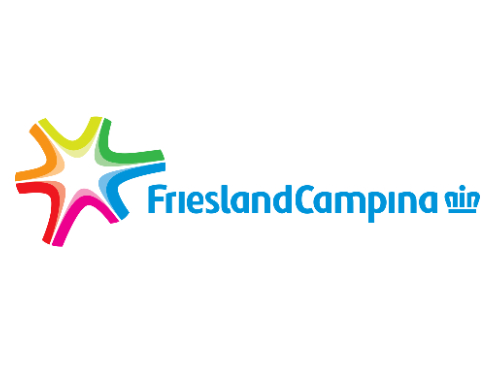


You can also use your social account to sign in. First you need to:
Accept Terms & Conditions And Privacy Policy